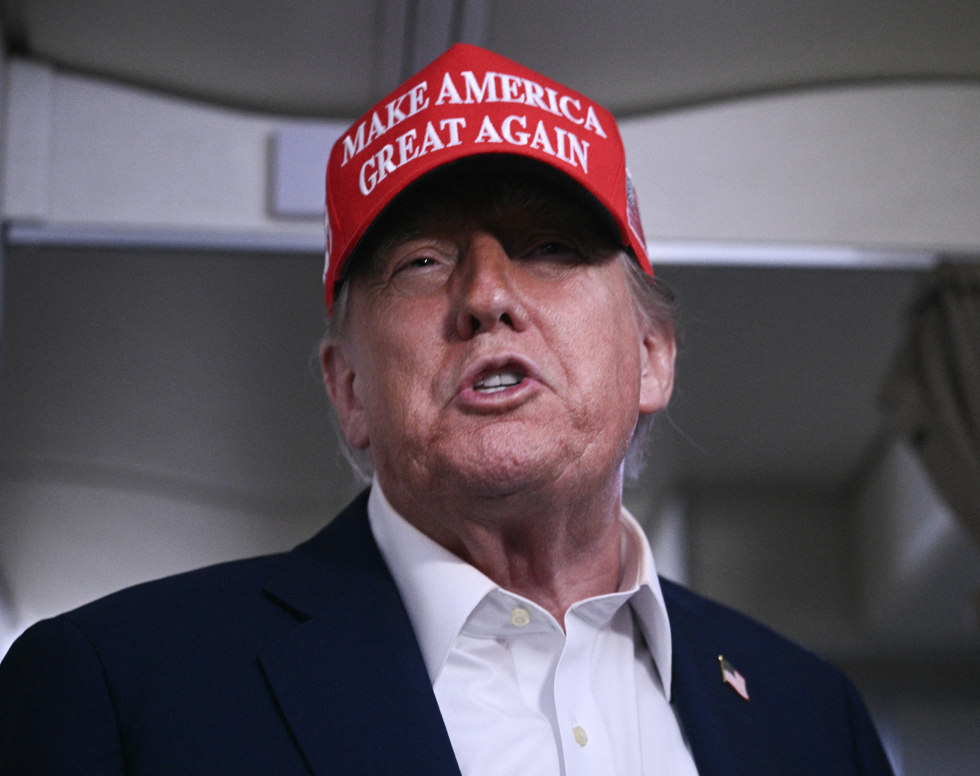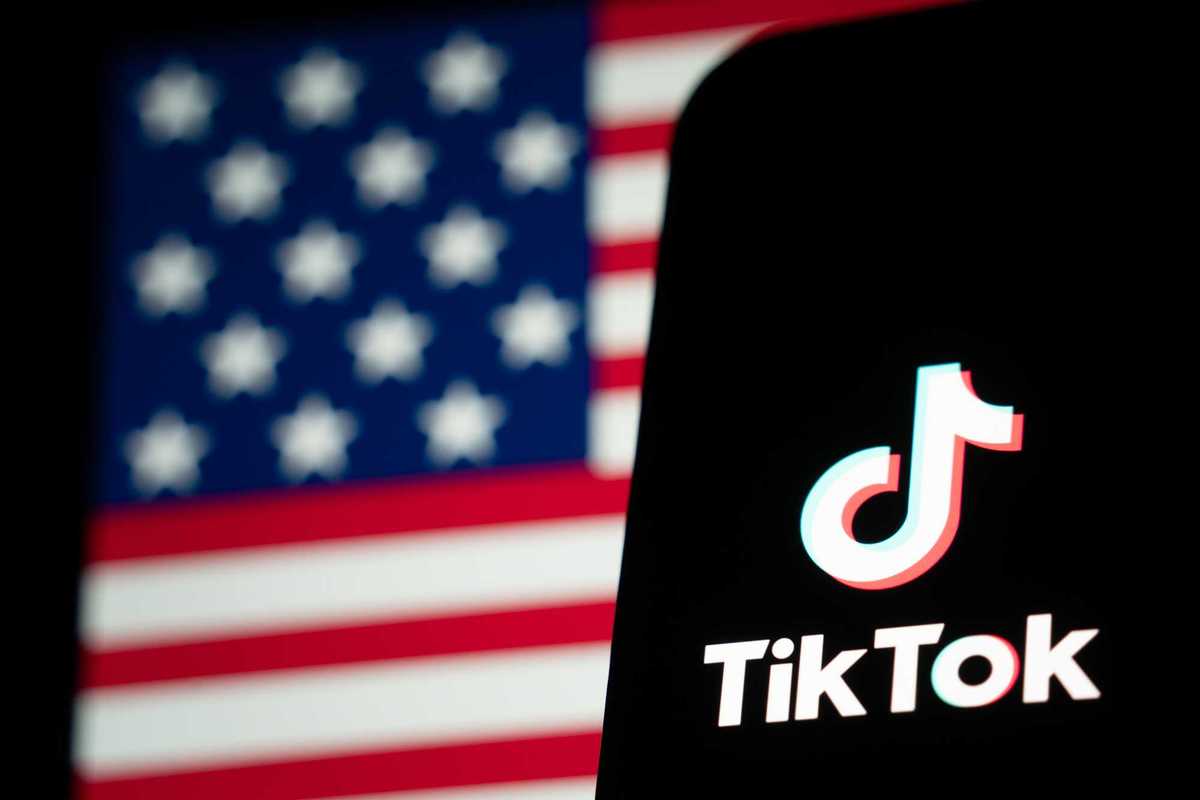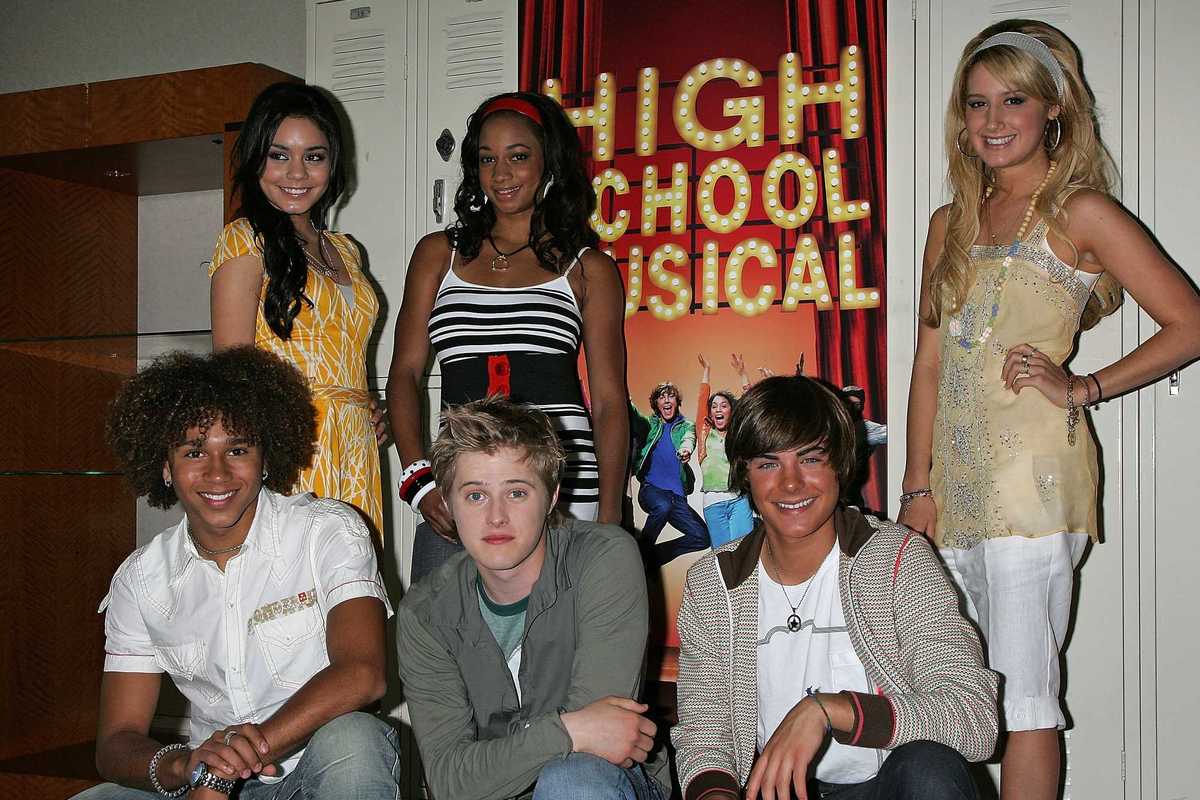The student loan cancellation program is changing under Donald Trump, and it is feared this move will see the president target immigrants and transgender youth organisations as a result.
Draft proposals have caused worries as it could allow the Education Department subjective authority to decide if an organisation is engaged in anything illegal, the Associated Press reported.
Here is a detailed breakdown of everything you need to know about the changes and why many are worried about the impacts.
What is Public Service Loan Forgiveness?

The Public Service Loan Forgiveness allows the cancellation of student loans to government and nonprofit employees after they've been making payments for a decade. The kinds of jobs include teachers and firefighters.
The program began in 2007 when it was created by Congress to motivate graduates to enter jobs in the public sector, where pay tends to be lower in comparison to for-profit companies, while non-profit companies that work in public interest law, public health or education are also eligible.
After 120 monthly loan payments are made while working for the government, the program cancels the remaining debt of the graduates.
Over 1 million Americans have had loans cancelled through the program, including everyone from nurses to park rangers.
Some of these non-profit organisations help give legal advice to immigrants of any status, and assist transgender youth and their families with grants so they can travel to states which allow gender-affirming care for minors - something which Trump has taken issue with.
How could this change under Trump?

An overhaul is being planned by the Education Department, which would see organisations involved in “illegal activities" denied the benefit.
What's more, the U.S. education secretary would have the final input on these matters.
Already, the department has released a draft proposal which includes definitions of illegal activity that centre on immigration, terrorism and transgender issues, as per AP.
Although court judgements and other legal findings would also be considered, this kind of subjective authority on what is "illegal" has already sparked fears, as it could see the cancellation of hospital systems if, for instance, a single department provides certain care to transgender youth, and state governments from the program.
An Education Department spokesperson told AP the agency “has an obligation to prevent unlawful conduct and ensure that employers in the PSLF program are not complicit in illegal activities.”
Who would these changes affect?
As mentioned above, it is clear this overhaul will impact immigrants and transgender people the most, which has sparked concern from advocates who believe the Trump administration will use the Public Service Loan Forgiveness as a means to carry out political retribution.
“That’s definitely an indicator for me that this is politically motivated and perhaps will be used as a tool for political punishment,” Betsy Mayotte, president of the Institute of Student Loan Advisors, told AP. Mayotte was asked to review the policy as part of a rulemaking process.
In March, Trump declared the program changes would be coming, with the purpose "to end taxpayer-funded student loan forgiveness for anti-American activists," according to The White House press release at the time.
As a result, this will block a lot of student loans from being cancelled, since if an employee works for a company that is no longer eligible for the program, they won't receive the loan forgiveness or alternatively, they will have to look for a job somewhere else that remains eligible for their loan to be cancelled.
Under his orders, the Education Department was told to remove organisations tied to his definition of illegal activities, highlighting ones that work with migrants, terrorism, and transgender youth.
Emeka Oguh, CEO of PeopleJoy, a company that helps employers provide student loan relief and a panel member, believes this policy could see further shortages of doctors and nurses and noted how department officials couldn't provide examples of organisations that might be found to be involved in illegal activities.
According to him, officials said it would not be considered illegal for a hospital to treat an immigrant in the country illegally. But things are a little more complex in a scenario where teachers or schools teaching lessons are considered DEI - "There was a lot of ambiguity there," he said.
Although the panel has shared their issues and concerns, the department can ultimately do what it wants in regards to the proposal.
When will the policy be enacted?
So what's next? Well, before the proposal gets properly finalised, a public comment period has to take place first and is expected to take effect in July 2026.
Elsewhere, Trump’s most ‘hateful’ comments yet make him 'unfit’ to be President, and Trump removed IDR plans for student loans - here's what it means.
How to join the indy100's free WhatsApp channel
Sign up to our free indy100 weekly newsletter
Have your say in our news democracy. Click the upvote icon at the top of the page to help raise this article through the indy100 rankings.














